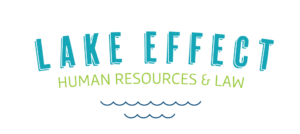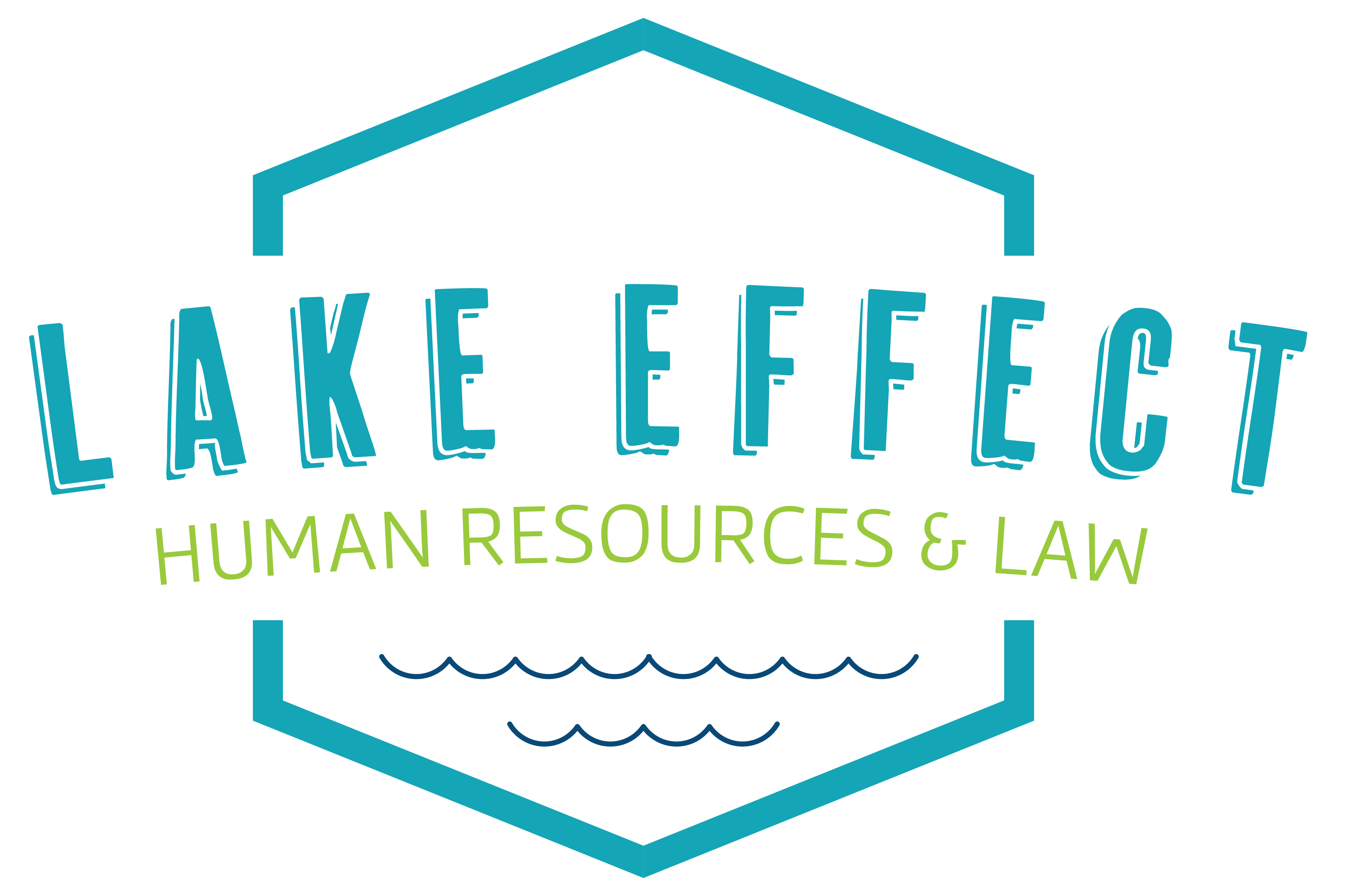On September 11, 2020, the U.S. Department of Labor’s Wage and Hour Division posted revised regulations to clarify certain rights and responsibilities under the paid leave provisions of the Families First Coronavirus Response Act (“FFCRA”). DOL’s actions are in direct response to an August 2020 New York Federal District Court ruling that invalidated parts of prior FFCRA regulations. The revised regulations will become effective September 16, 2020, when they are published in the Federal Register.
Key portions of the revised regulations provide the following:
- An employee is only entitled to Paid Sick Leave (“PSL”) and Expanded Family and Medical Leave (“EFML”) under FFCRA if the employer would otherwise have work available for that employee to perform. If there is no work available due to circumstances other than a qualifying reason for the leave, i.e. the employer has laid off or furloughed employees, or has temporarily or permanently closed the worksite, then an employee is not entitled to FFCRA leave. This “available work” requirement applies to all qualifying reasons for FFCRA leaves.
- An employee must obtain employer approval to take intermittent FFCRA leave for any qualifying reason, regardless of whether the employee is teleworking or working on-site. Intermittent leave occurs when the employee takes leave in separate blocks of time due to a single qualifying reason. For an employee working on-site, many of the qualifying reasons for EPSL leave will not lend themselves to intermittent leave because they create a high risk of spreading the virus. Of note, the revised regulations clarify that the employer-approval requirement does not apply to employees who take FFCRA leave in full-day increments to care for children whose schools are operating on an alternate day (or other hybrid attendance) basis because such leave is not intermittent. In that scenario, where a school is physically closed to the employee’s child on particular days, each day of the school closure constitutes a separate reason for FFCRA leave. Thus, the employee may take leave due to the school closure until that qualifying reason ends (i.e. the school re-opens) and then take leave again when the new qualifying reason begins (i.e. the school closes again) – without the approval of the employer.
- The definition of a “health care provider,” who may be exempted from FFCRA’s leave provisions, includes only those who meet the definition of that term under the FMLA regulations and those who are employed to provide diagnostic services, preventive services, treatment services, or other services that are integrated with and necessary to the provision of patient care.
- Employees must provide required documentation to support FFCRA leaves to their employers as soon as practicable, but they need not provide it prior to taking PSL or EFML. Similarly, an employee must provide advance notice of EFML as soon as practicable. If the need for that leave is foreseeable, the employee should provide notice before taking the leave.
Your partners at Lake Effect HR & Law are closely monitoring the impact of COVID-19 on the workplace. Keep watching for blogs and emails for important legal updates and HR best practices. The attorneys and HR professionals at Lake Effect HR & Law are ready and willing to help. Contact us at info@le-hrlaw.com or 1-844-333-5253.




